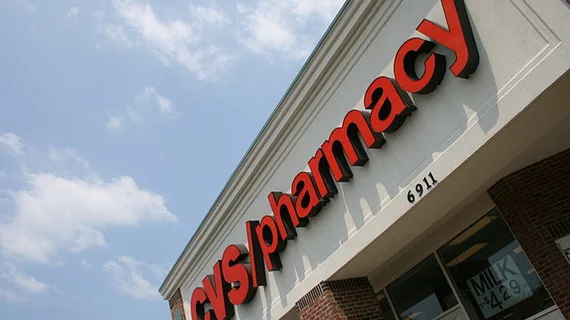CVS seeks to relieve overworked pharmacists with new policy
In an effort to reduce stress on its overburdened pharmacists, CVS announced that starting Feb. 28, most of its pharmacies will be closed for lunch between 1:30 p.m. and 2:00 p.m.
“We want to make sure our pharmacists and pharmacy technicians are at their best, which means supporting their schedules accordingly,” CVS spokesperson Amy Thibault told HealthExec. “While we’ve always had a meal break policy, we’ve begun rolling out a pre-scheduled, uninterrupted lunch break across our pharmacies. This break gives our pharmacy teams a predictable and consistent daily pause while minimizing disruption to our patients. We’re proactively notifying customers and appreciate their support and understanding,” Thibault added.
Industry experts point out that during the COVID-19 pandemic, community pharmacists have been under increased pressure. Many are becoming more involved in direct patient care with more than 77% of patients viewing pharmacists as integral to their health. And most have no problem with them checking vitals, diagnosing acute conditions and prescribing medications for such ailments.
“Pharmacists have experienced changes to their lives and work during the global COVID-19 pandemic, with higher than previously reported rates of burnout affecting the profession,” according to a study published in the International Journal of Clinical Pharmacy. “High workloads, overtime, medication supply and patient behavior have affected pharmacist’s work during the pandemic,” the authors wrote.
